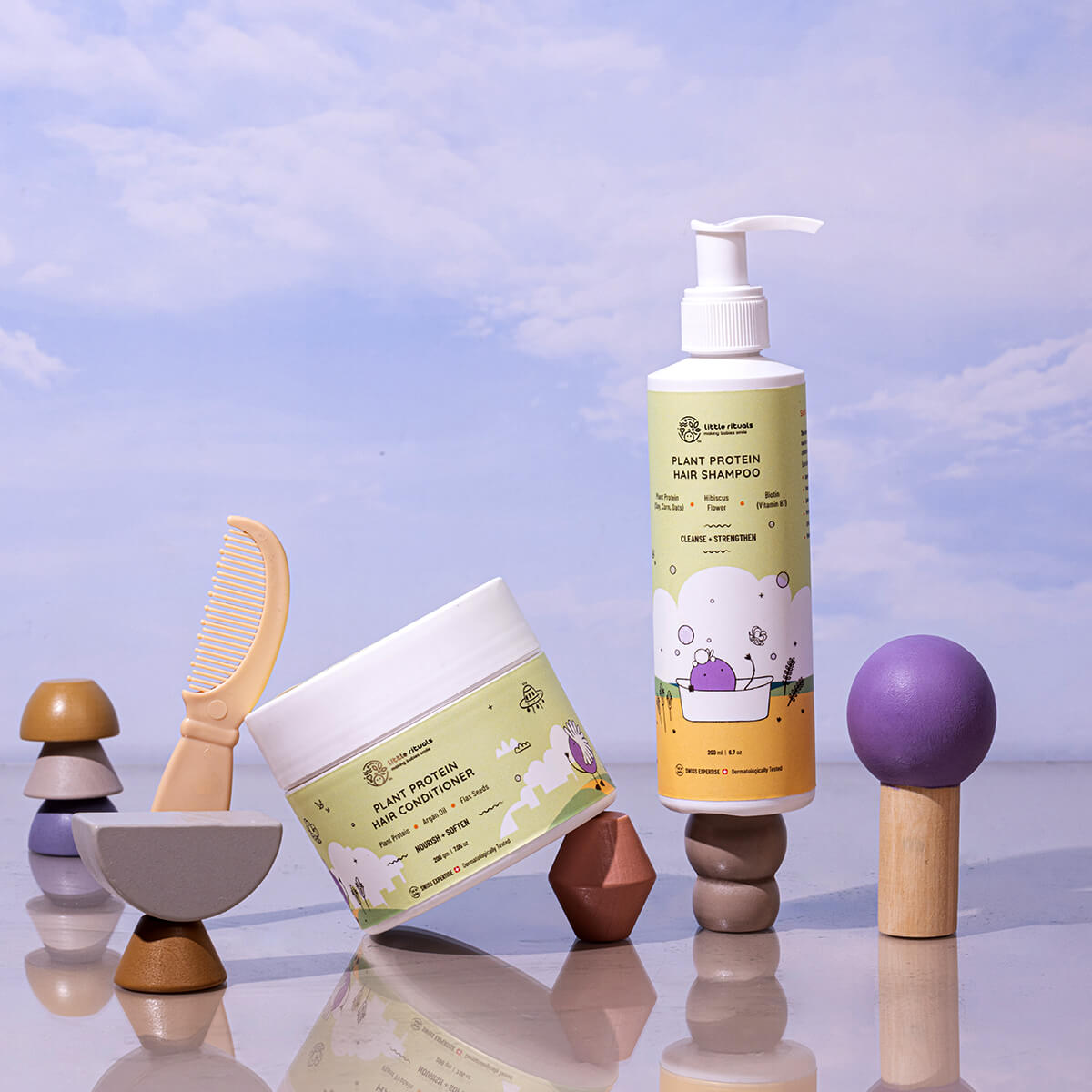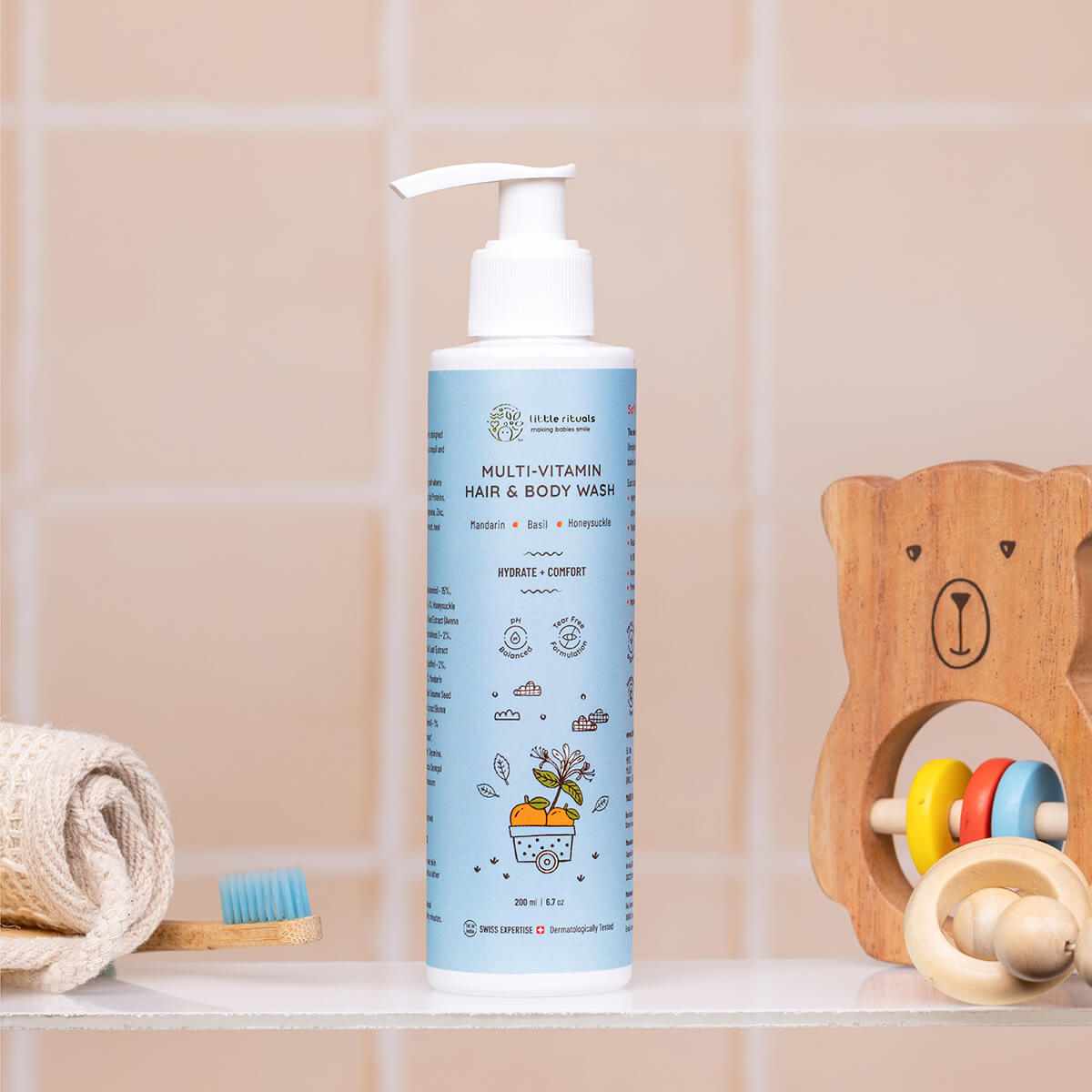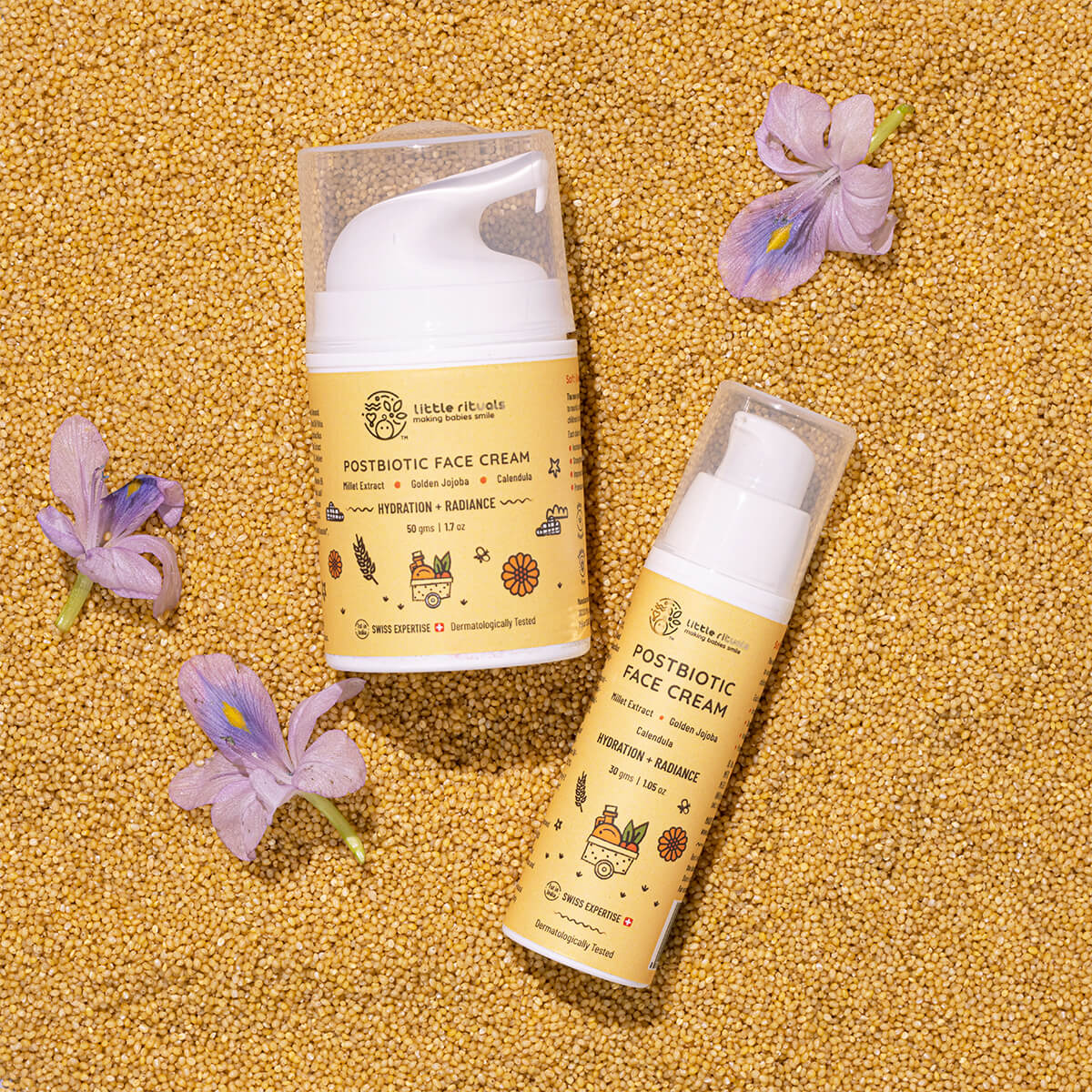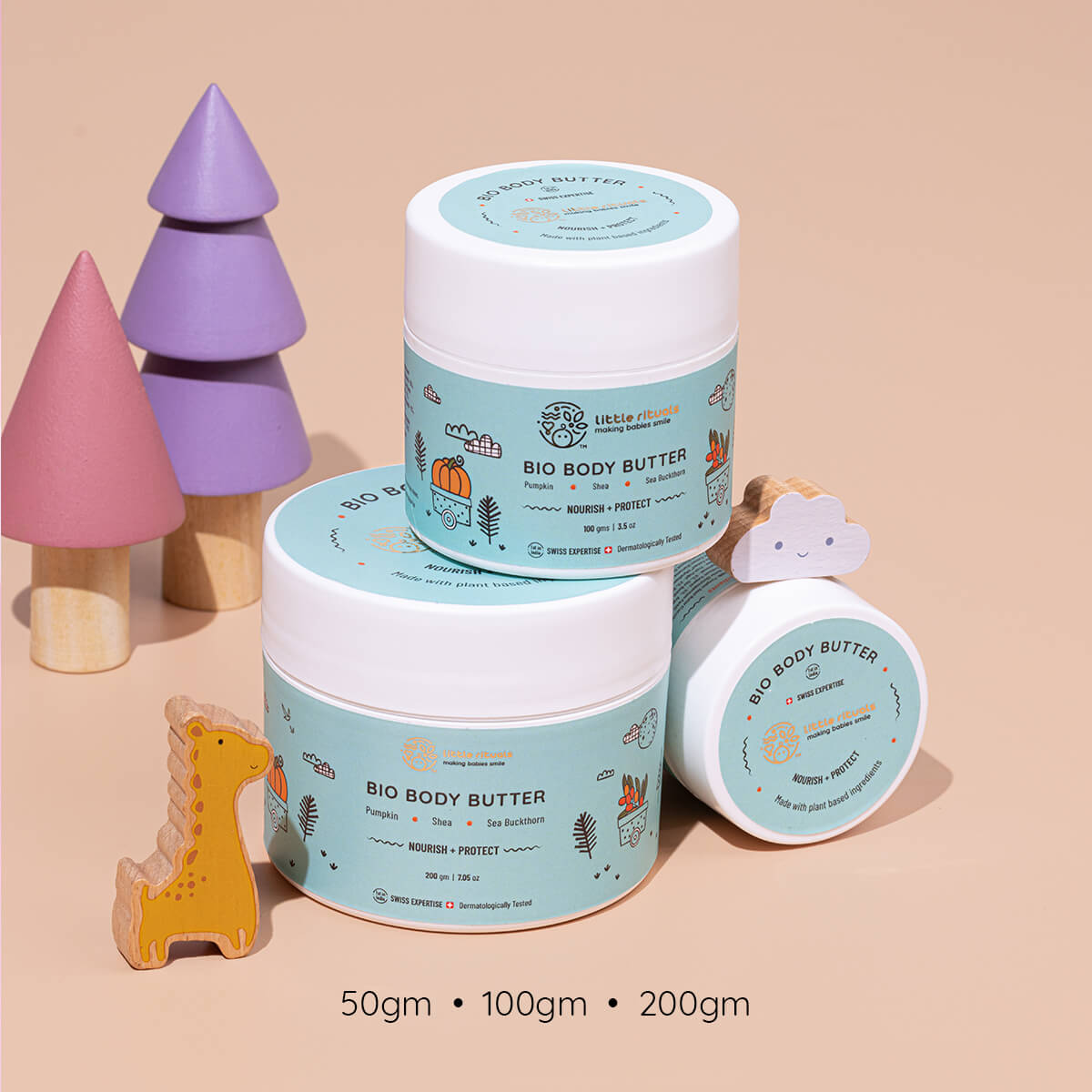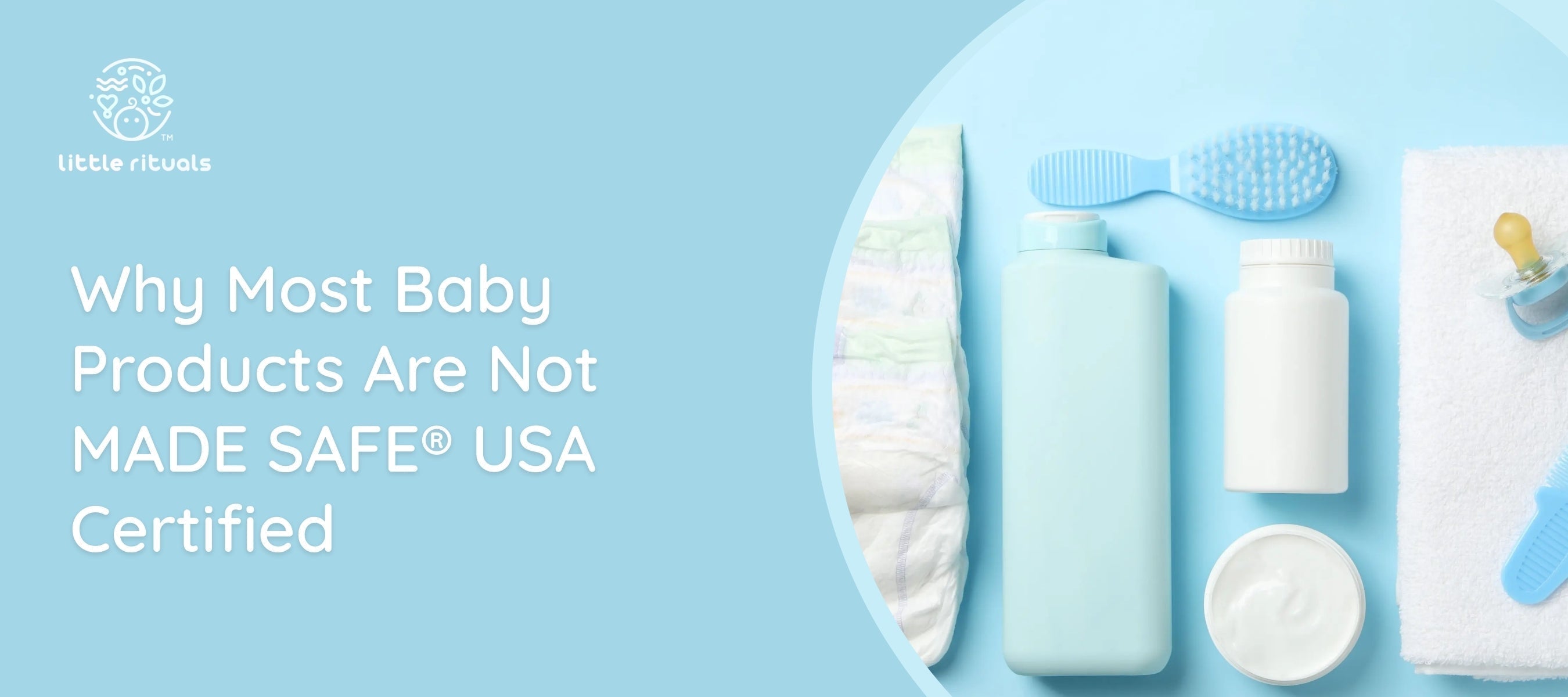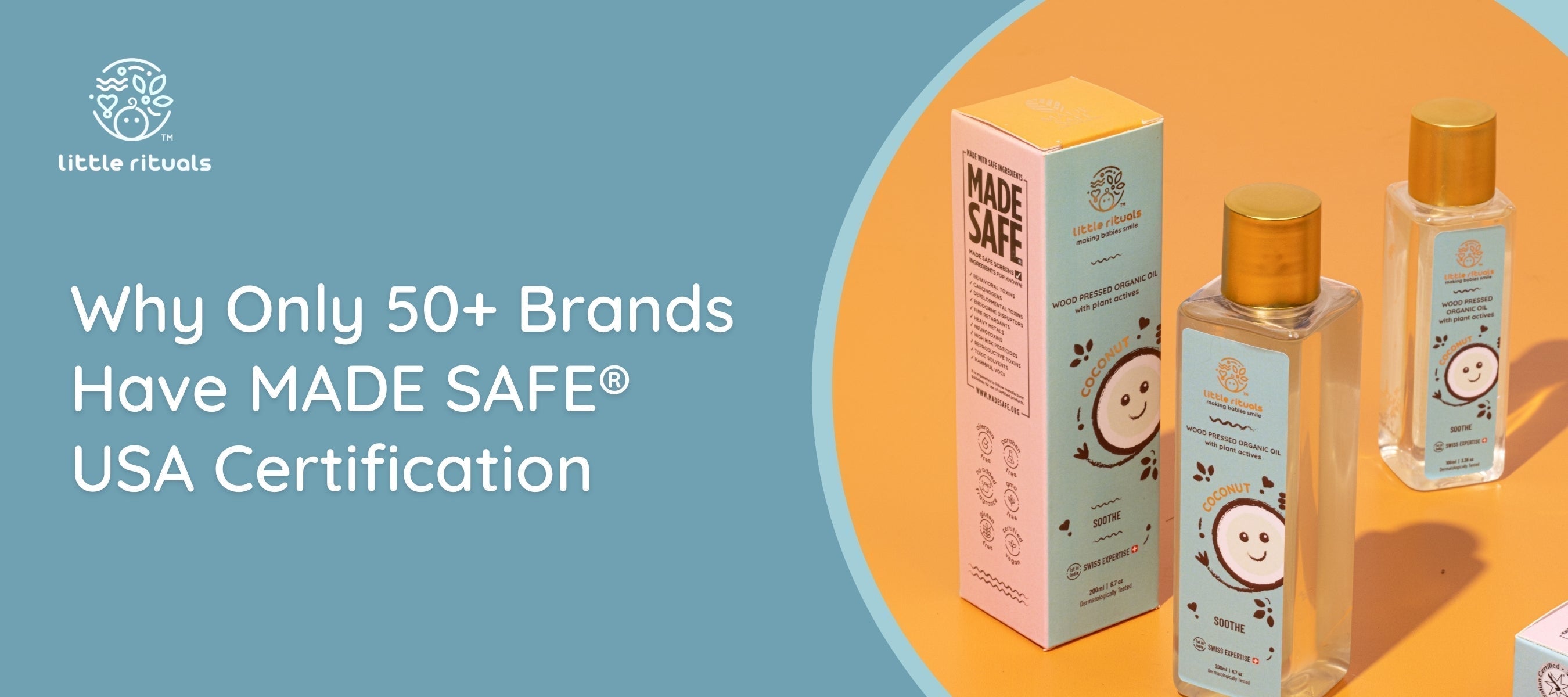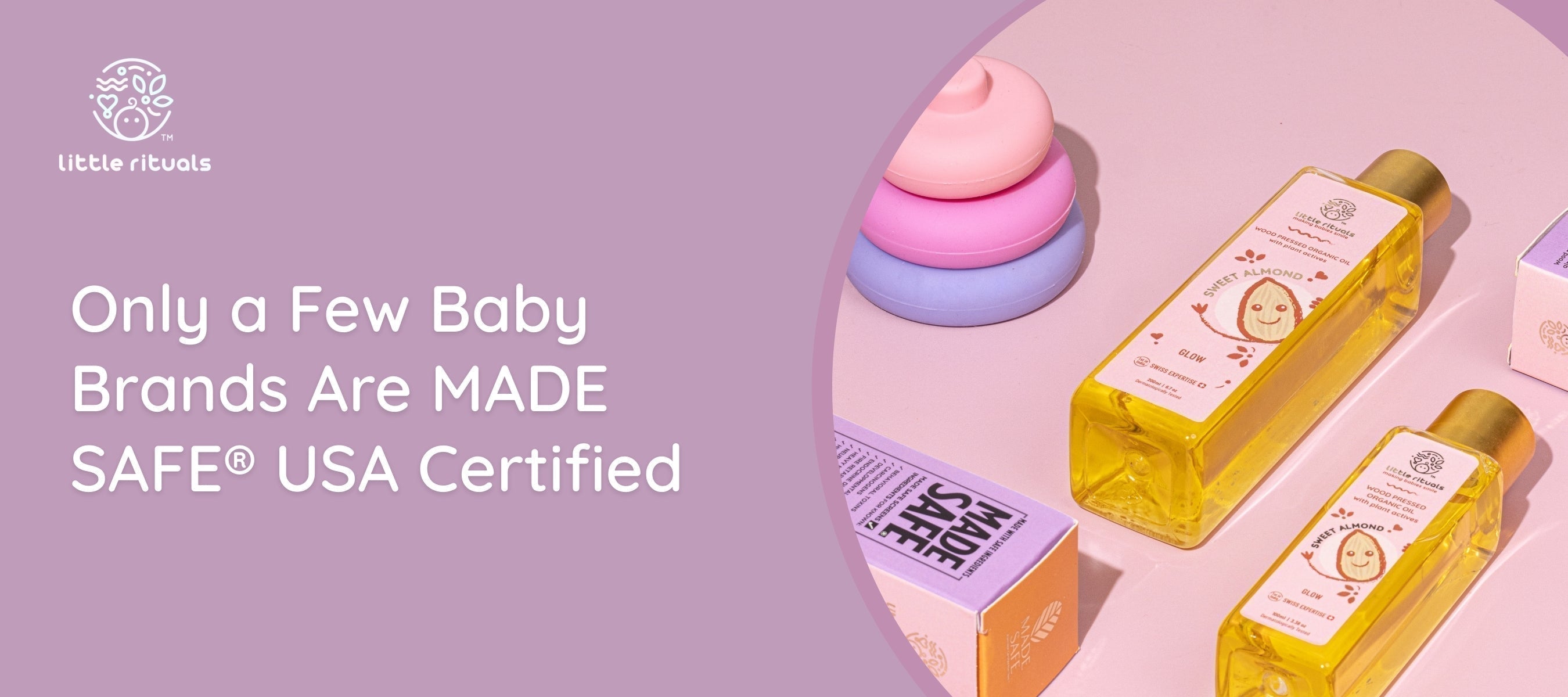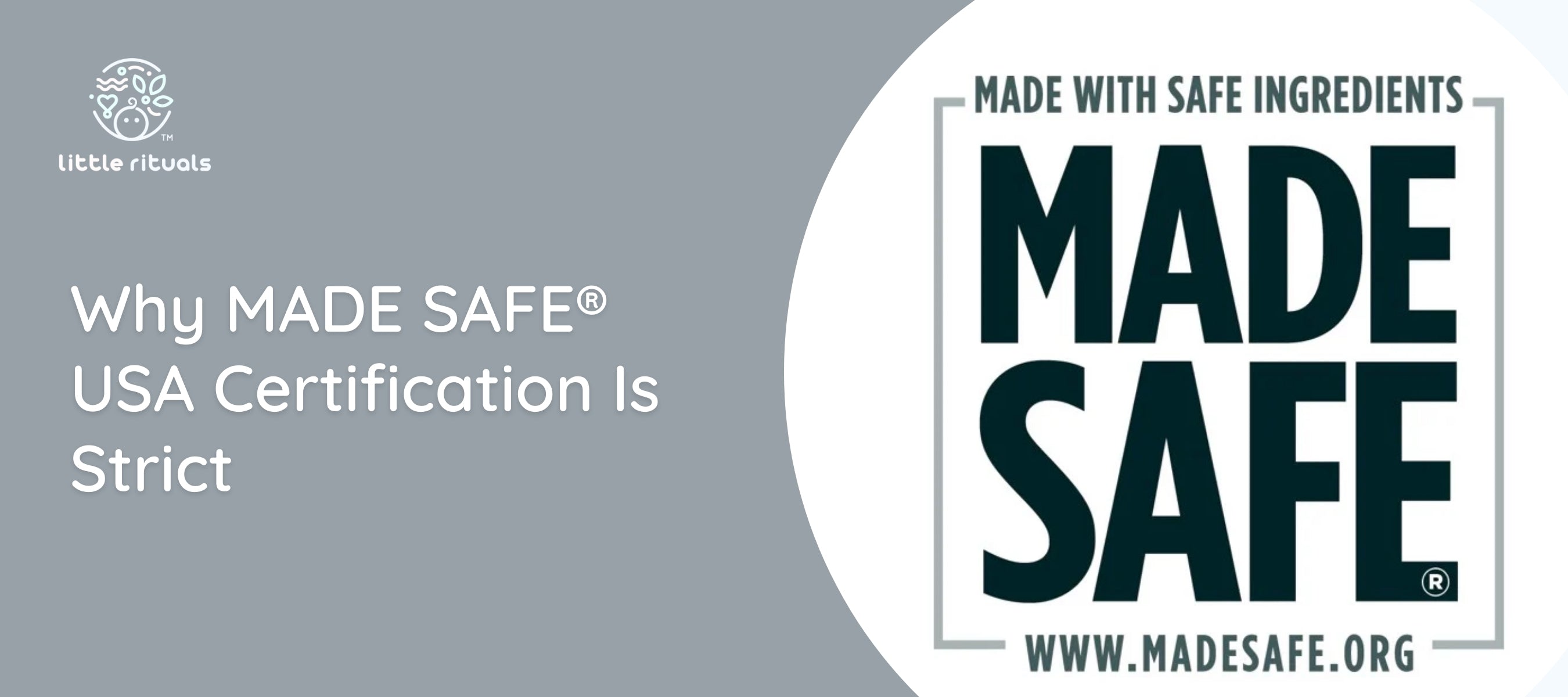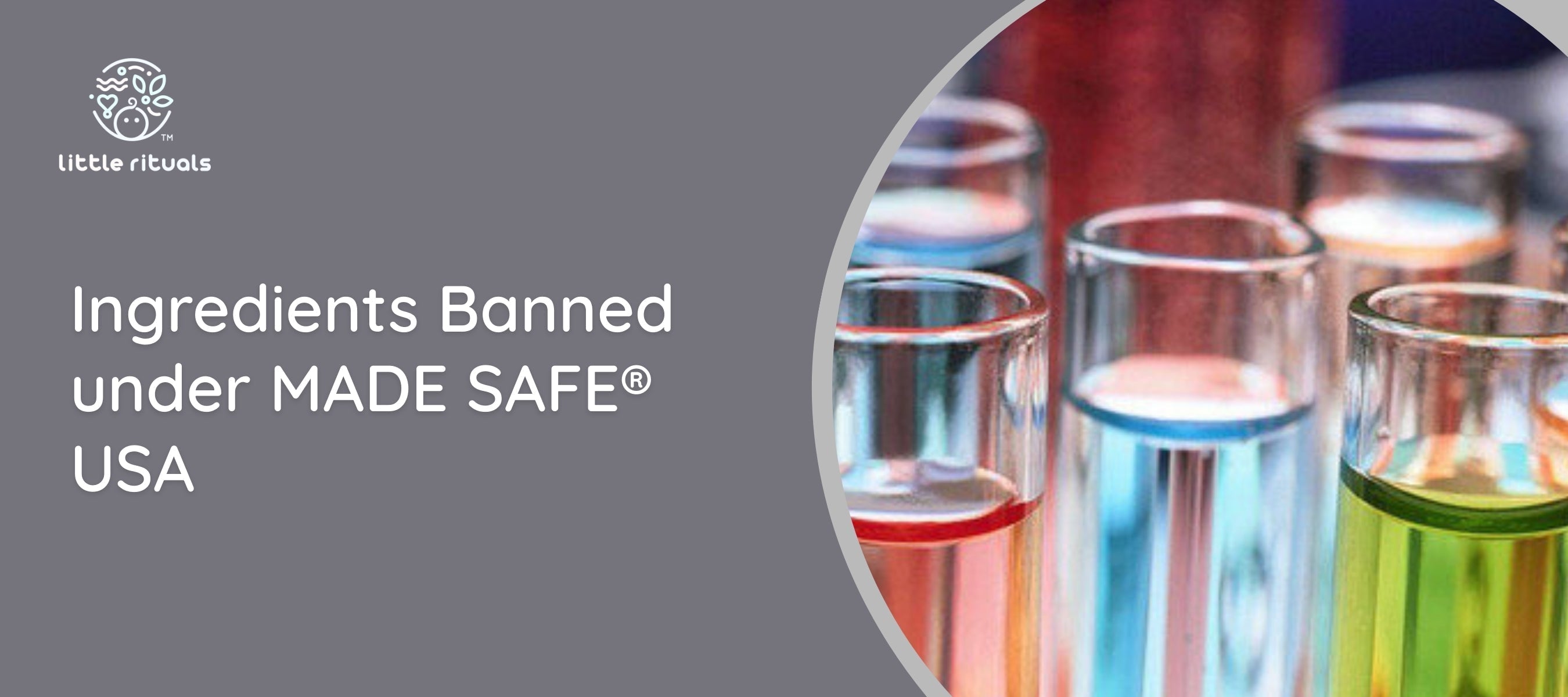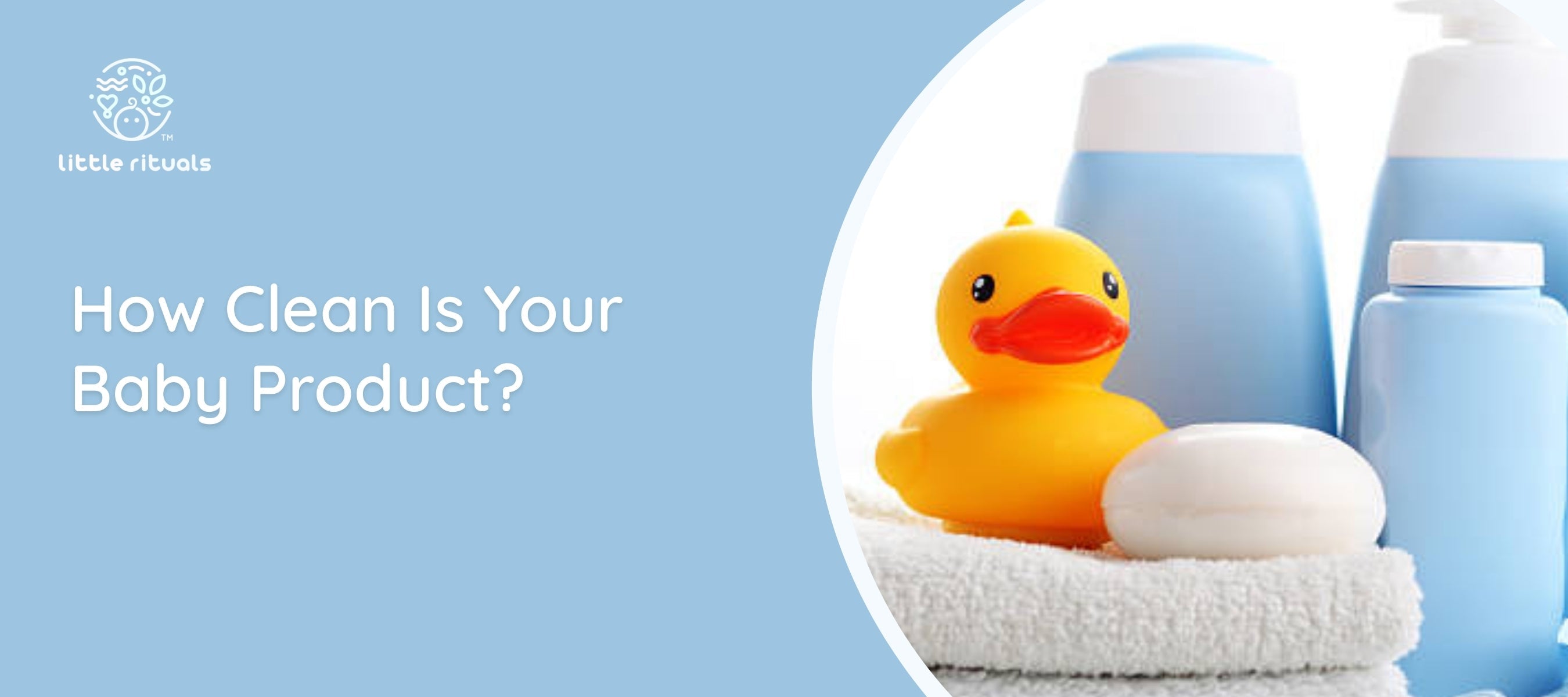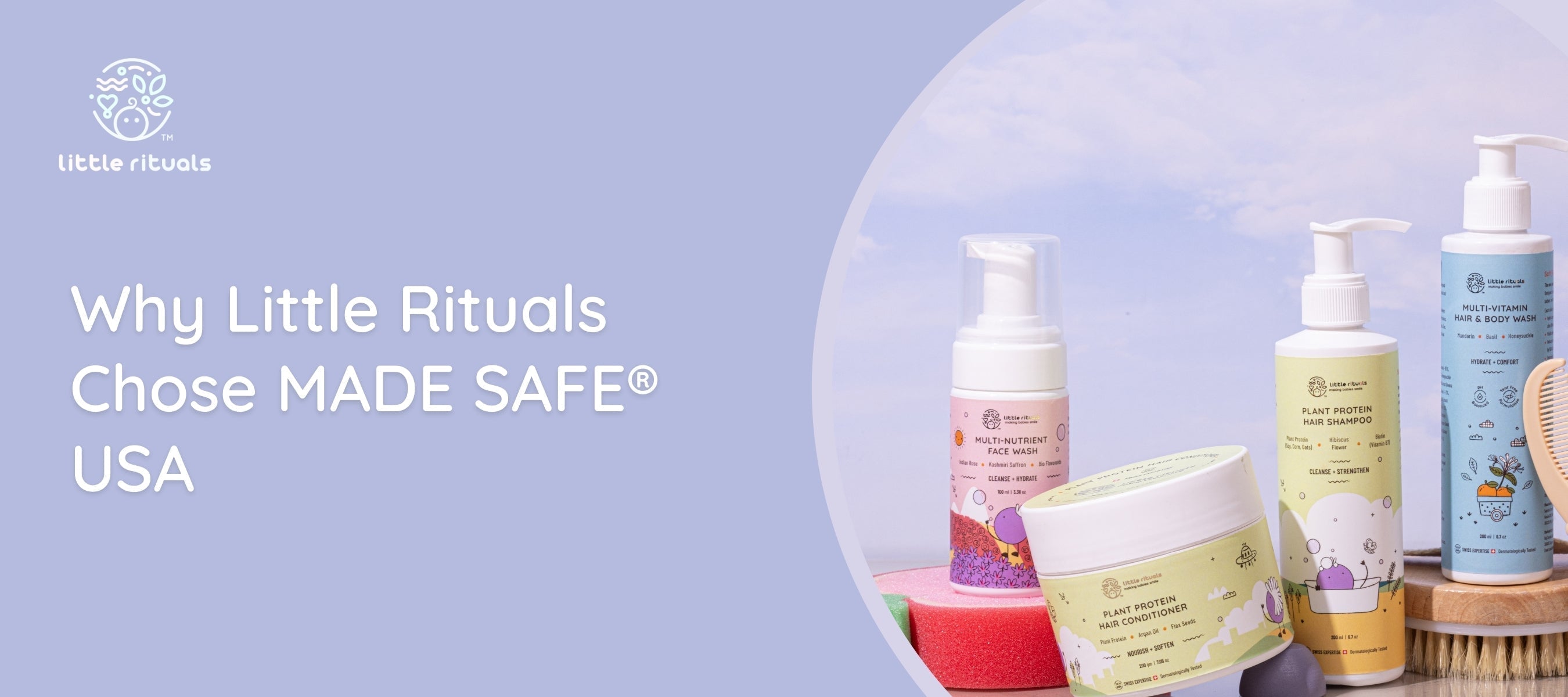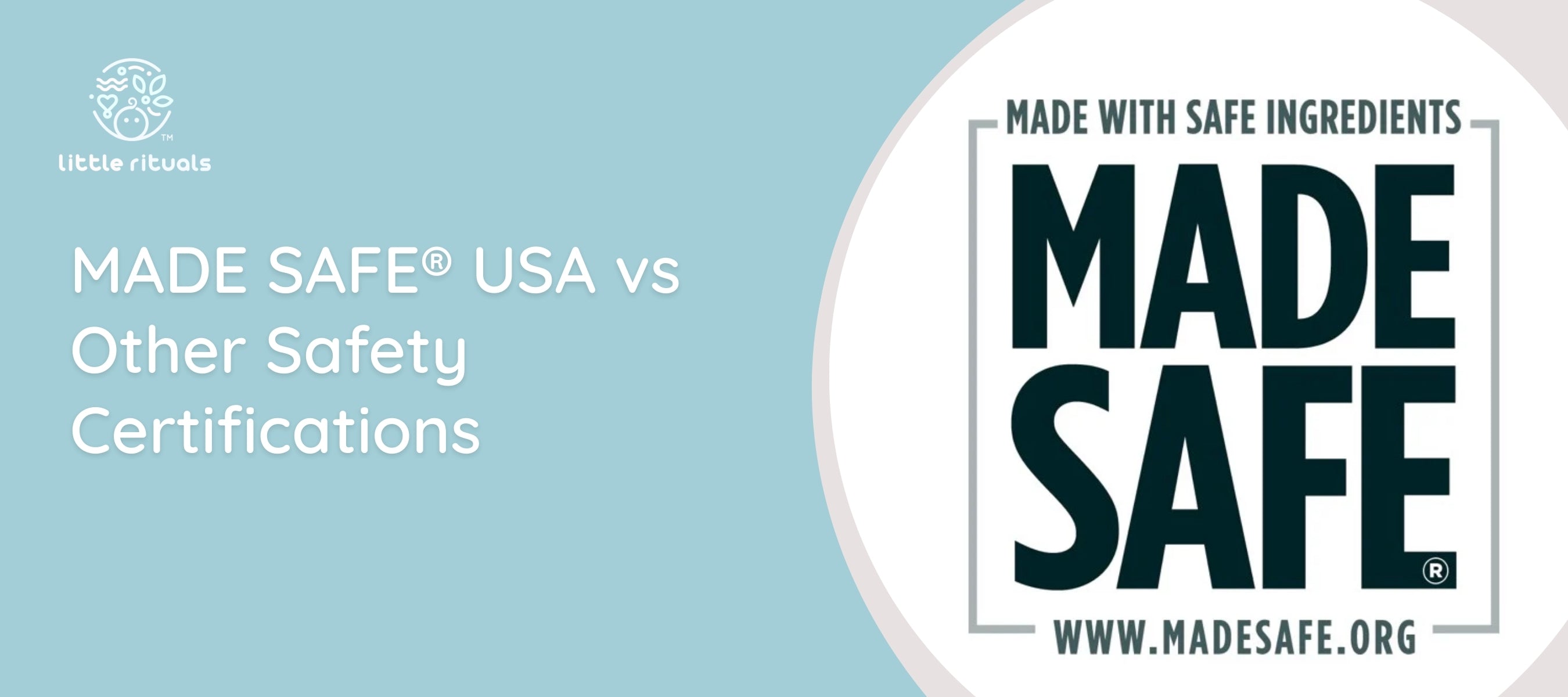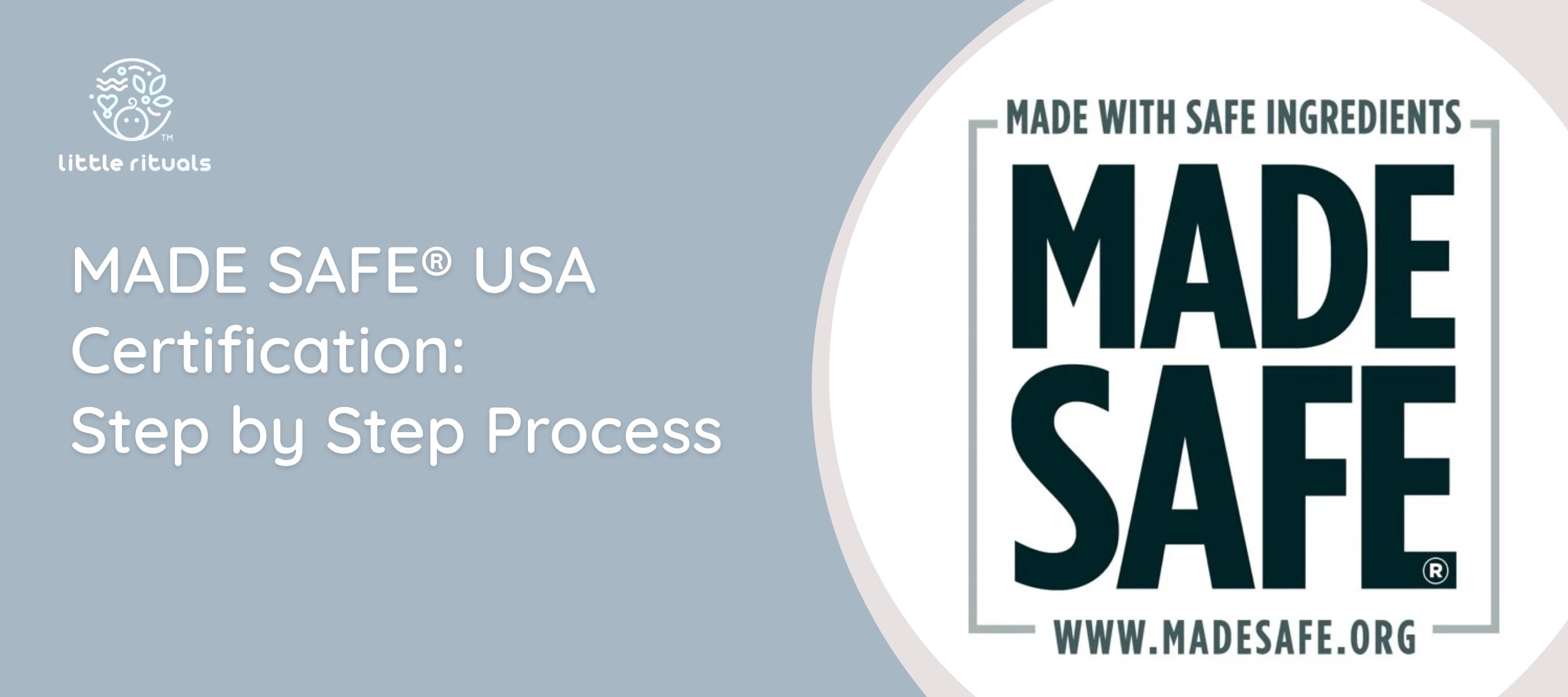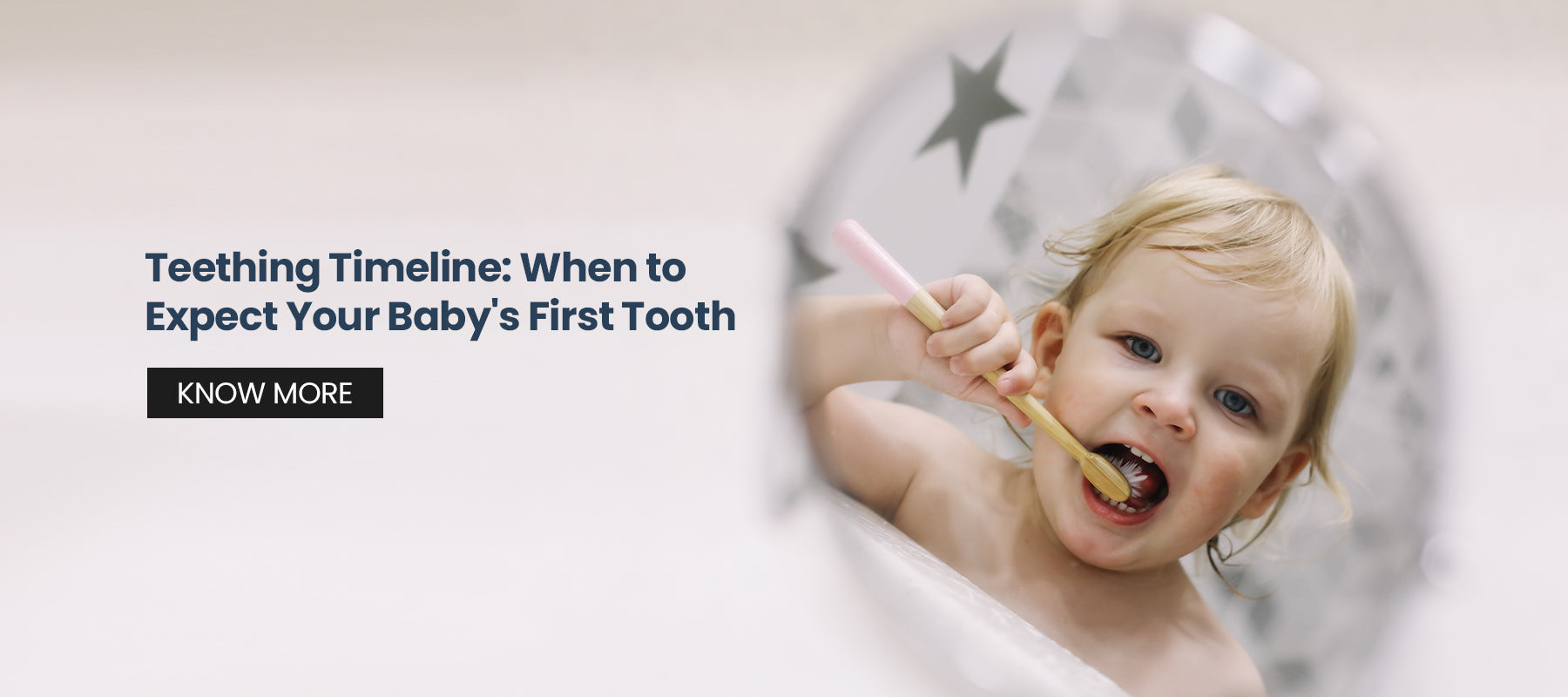
Teething Timeline: When to Expect Your Baby's First Tooth
Watching your baby grow and develop is an exciting time, and one of the most anticipated milestones is the arrival of their first tooth. However, understanding the teething timeline can be a bit tricky for new parents. When do babies start teething? When should you expect that tiny tooth to break through? What are the signs and symptoms of infant teething, and how do you manage the discomfort that comes with it? If you're feeling unsure about the teething age for babies and what to expect, don't worry—we've got you covered!
The Teething Process
Teething is a normal and inevitable part of your baby's development. It can begin as early as 4 months or as late as 12 months, though most babies get their first tooth around 6 months. The process involves the eruption of baby teeth through the gums, which can cause some discomfort for your little one. The full set of baby teeth (usually 20 in total) will emerge between 6 months and 3 years of age, but each baby’s teething schedule varies.
Baby Teeth Chart: What to Expect and When
A baby teeth chart can help you understand when your baby is likely to get each tooth. Though there is some variation, here’s a general timeline:
- Lower central incisors: 6-10 months
- Upper central incisors: 8-12 months
- Upper lateral incisors: 9-13 months
- Lower lateral incisors: 10-16 months
- First molars (upper and lower): 13-19 months
- Canines (upper and lower): 16-23 months
- Second molars (upper and lower): 23-33 months
By the time your child reaches the age of 3, they should have a full set of baby teeth. However, remember that every baby is different—some may get their first tooth early, while others may take a little longer.

Signs and Symptoms of Infant Teeth
Now that you know when babies get their first tooth, let's talk about how to recognize when teething is about to happen. The signs and symptoms of infant teething can vary, but here are the most common ones:
- Increased drooling: One of the first signs of teething is an increase in drooling. This is because the production of saliva increases as the gums become irritated.
- Chewing on objects: Babies love to chew on anything they can get their hands on, whether it's a teething toy, your finger, or even their own hands. This is because the pressure on their gums helps to soothe the pain.
- Irritability and fussiness: Teething can be uncomfortable, so your baby may become more fussy or irritable than usual.
- Swollen or tender gums: If you gently rub your baby’s gums with your finger, you may notice that they are swollen or tender, especially in the area where a tooth is about to emerge.
- Changes in sleep patterns: Teething pain can disrupt your baby's sleep, leading to more night wakings or difficulty falling asleep.
- Loss of appetite: The pain from teething can make your baby more reluctant to eat, especially if the pressure of chewing aggravates their gums.
When Do Babies Start Teething?
So, when do babies start teething? It’s not always easy to pinpoint an exact age, as the process can begin anywhere between 4-7 months of age. Some babies may experience discomfort even before the tooth fully emerges, while others may go through the teething process with minimal fuss.
The timing of when babies get their first tooth varies widely, but here are some general trends:
- Early teething: A small percentage of babies get their first tooth as early as 4 months.
- Average teething age: The majority of babies start teething around 6 months.
- Late teething: Some babies don't get their first tooth until 12 months or later. As long as your baby is otherwise healthy, there's no need to worry if they are a little late in getting their first tooth.
Must Read: How to Create the Perfect Feeding Schedule for Your Newborn
Myths About Toddler Teething
When it comes to myths about toddler teething, there are plenty of misconceptions that can add confusion for new parents. Let’s debunk some of the most common myths:
- Teething causes fever: Many parents believe that teething can cause a fever. While teething can lead to irritability, drooling, and mild discomfort, it doesn't typically cause a high fever. If your baby has a fever above 100.4°F (38°C), it’s important to consult your pediatrician, as it could be a sign of illness unrelated to teething.
- Teething causes diarrhea: Similarly, some people believe that teething leads to diarrhea. While it’s true that babies can experience changes in bowel movements during teething, diarrhea is not a direct result of the teething process. If your baby is experiencing diarrhea, it’s worth speaking with your doctor to rule out other causes.
- Teething causes a drastic change in behavior: While teething may cause some fussiness or irritability, it shouldn’t lead to major behavioral changes. If your baby’s temperament shifts significantly, it may be due to other factors, such as illness or developmental changes.
How to Help Your Baby Through Teething
Teething can be a challenging time, but there are several strategies you can try to help soothe your baby’s discomfort:
- Cold items: Teething rings, cold washcloths, or chilled baby teethers can help relieve the pressure on your baby’s gums.
- Gum massage: Gently massaging your baby’s gums with a clean finger can help ease their pain.
- Teething biscuits: If your baby is eating solids, teething biscuits can provide some relief while also allowing them to practice chewing.
- Pain relievers: For more severe discomfort, you can consult your pediatrician about over-the-counter pain relief options, such as acetaminophen or ibuprofen. Be sure to follow your doctor’s instructions and never use numbing gels for babies.

Little Rituals: The Secret to Soft, Healthy Skin for Your Baby
Babies typically get their first tooth around 6 months, although some may get it earlier or later depending on their individual development. Teething can be uncomfortable, but it’s a natural and temporary milestone. By understanding the teething process, recognizing common symptoms, and knowing what to expect, you can help support your baby during this time. If you ever have concerns about your baby's teething progress or overall health, consulting with your pediatrician is always a good idea.
In addition to providing comfort during teething, it's also essential to support your baby’s well-being with safe and gentle skincare. Little Rituals offers MADE SAFE USA-certified products that are perfect for your baby’s delicate skin. These products are not only gentle but also effective in keeping your little one’s skin healthy and protected.
Teething is just one of the many stages of your baby’s development, and while it may bring some sleepless nights and extra fussiness, it’s also a sign that your little one is growing up.
Frequently Asked Questions (FAQs) about Baby Teething
How can I tell if my baby is teething?
Some common signs that your baby is teething include increased drooling, chewing on objects, irritability, swollen or tender gums, and changes in sleep patterns. If your baby seems fussy and is constantly putting things in their mouth, it might be a sign their teeth are starting to come in.
Can teething cause a fever or diarrhea?
While teething can lead to mild discomfort and irritability, it typically does not cause a high fever or diarrhea. If your baby has a fever above 100.4°F (38°C) or experiences diarrhea, it's important to consult a pediatrician to rule out other illnesses.
What can I do to help soothe my baby’s teething pain?
You can try using cold teething rings or washcloths, gently massaging your baby's gums, or offering teething biscuits if they are eating solids. If the pain is more severe, consult your pediatrician about using over-the-counter pain relievers. Always follow your doctor’s guidance on proper use.
















